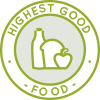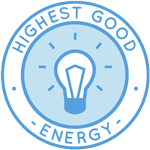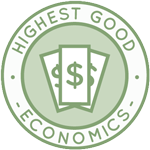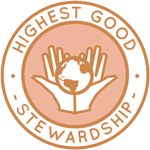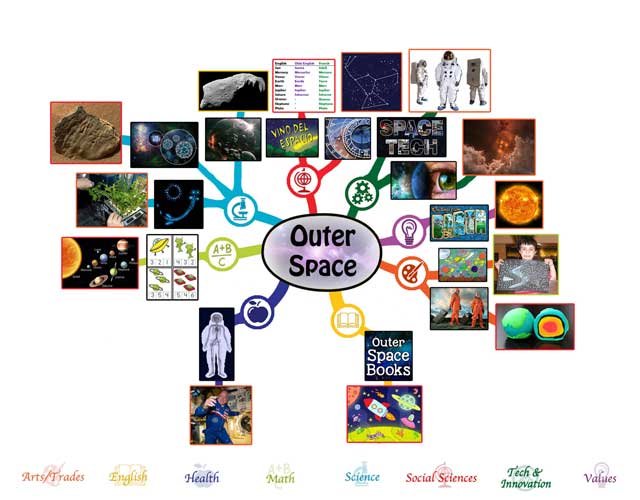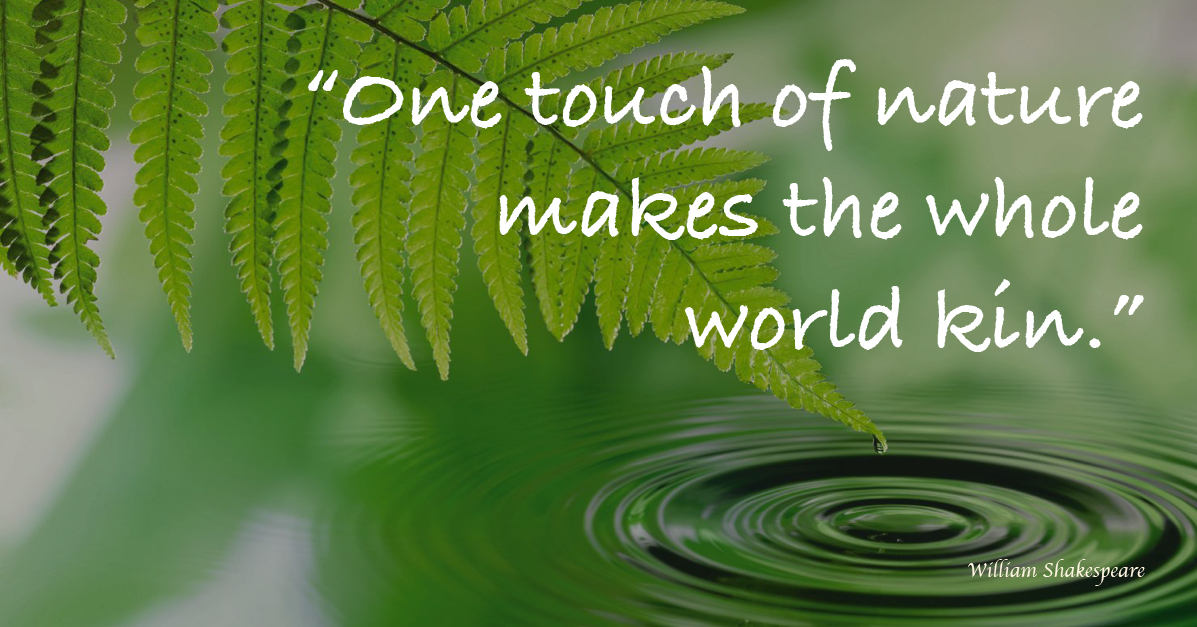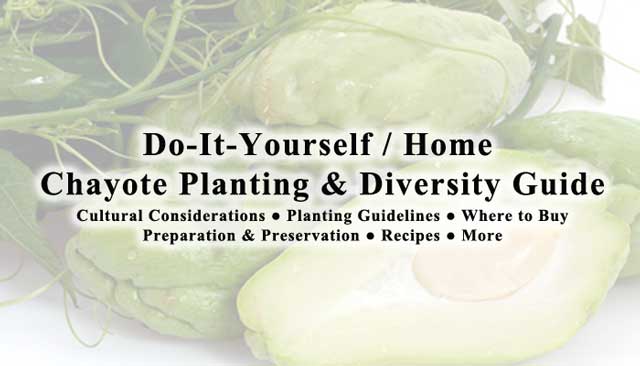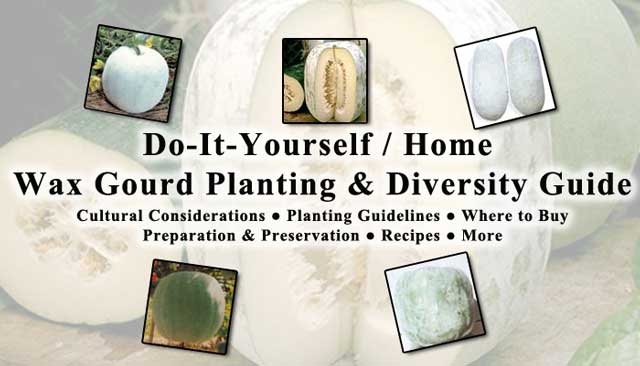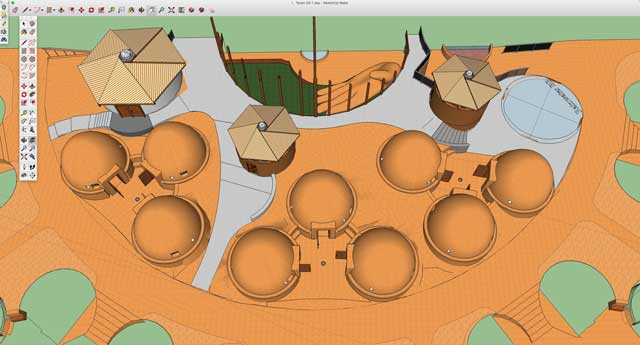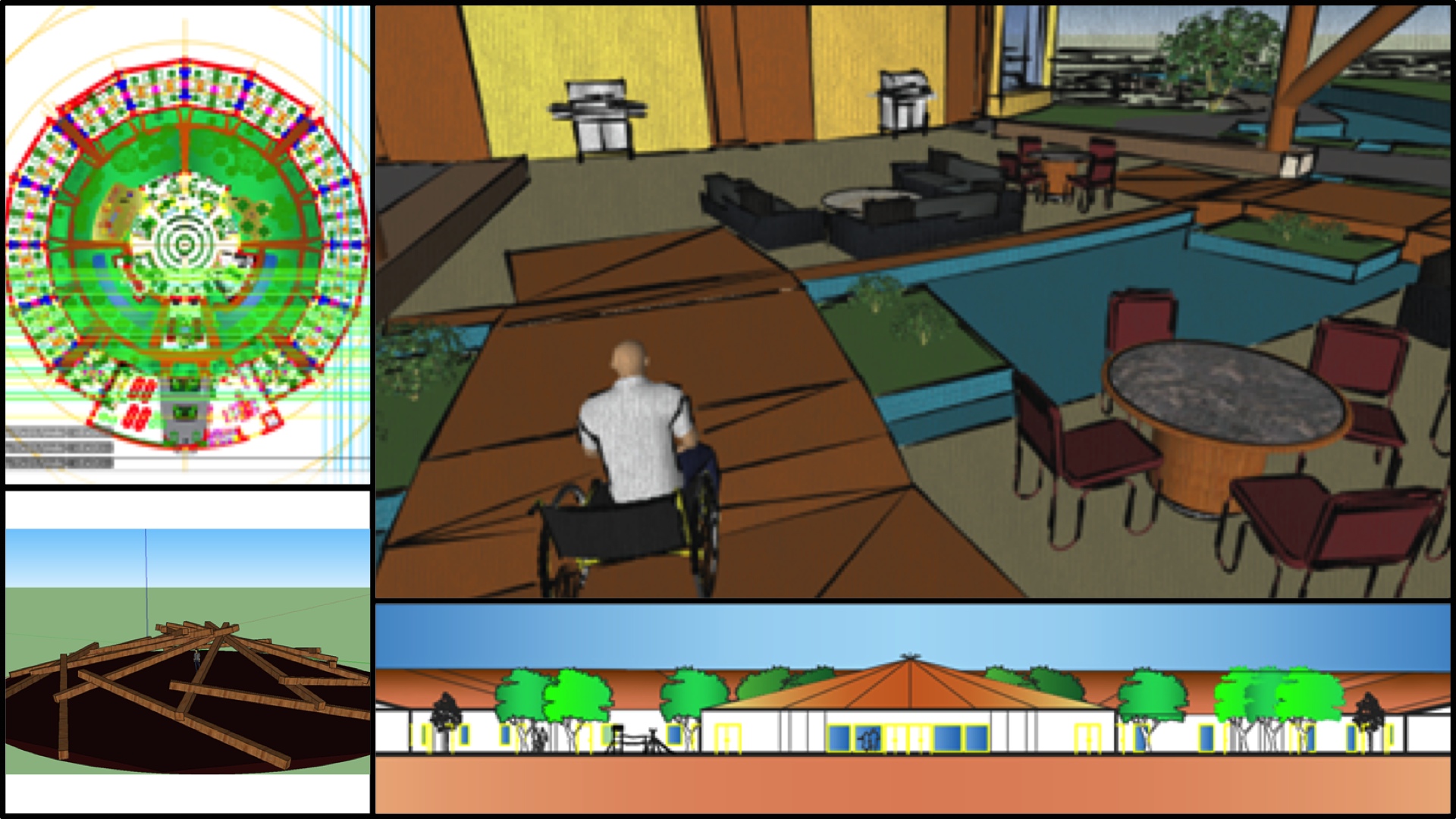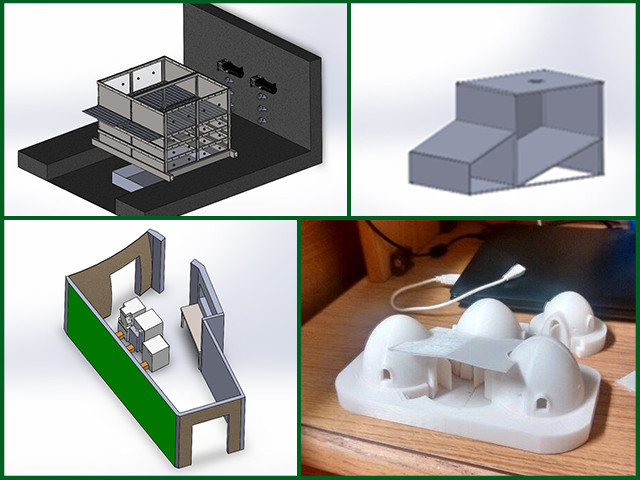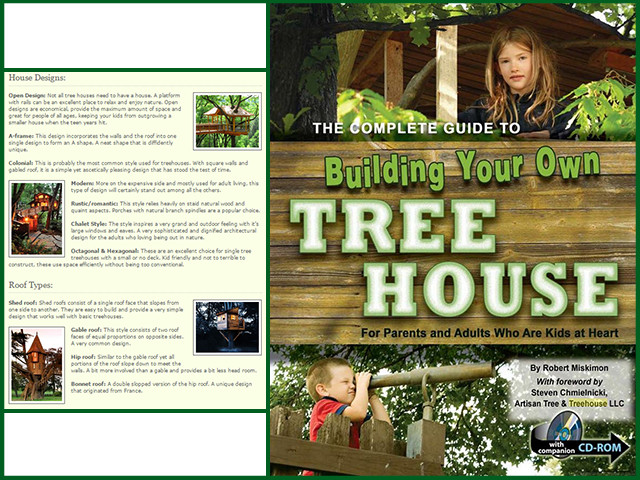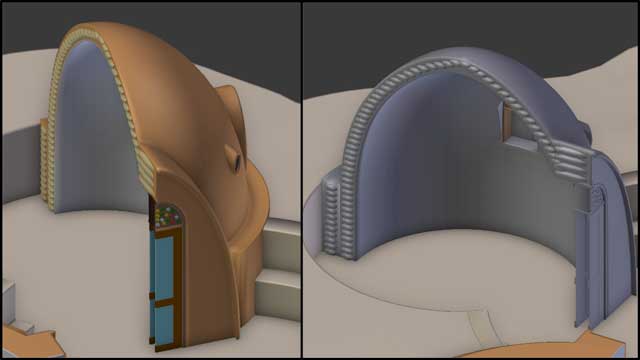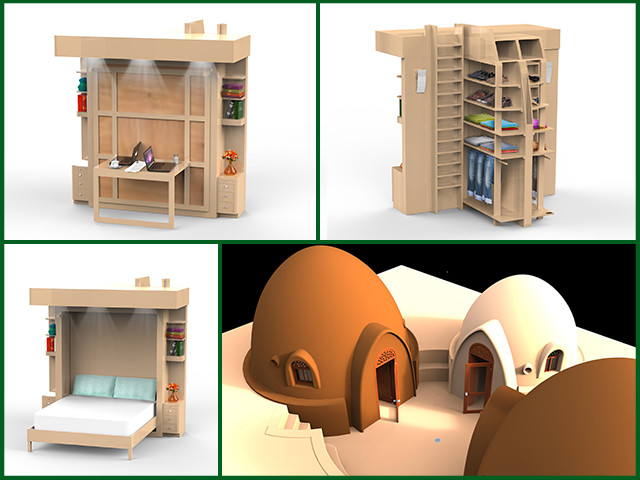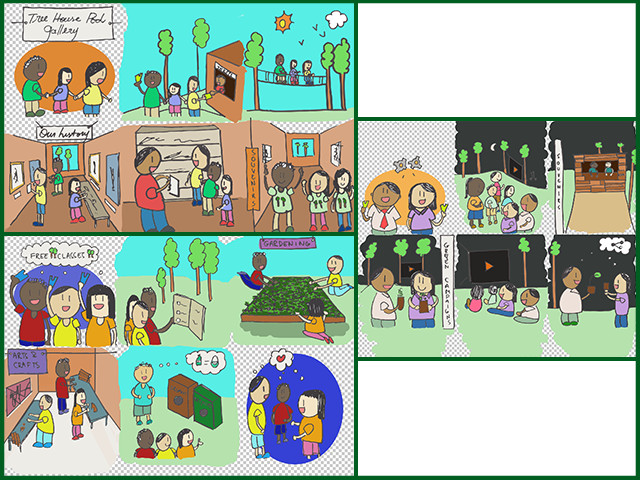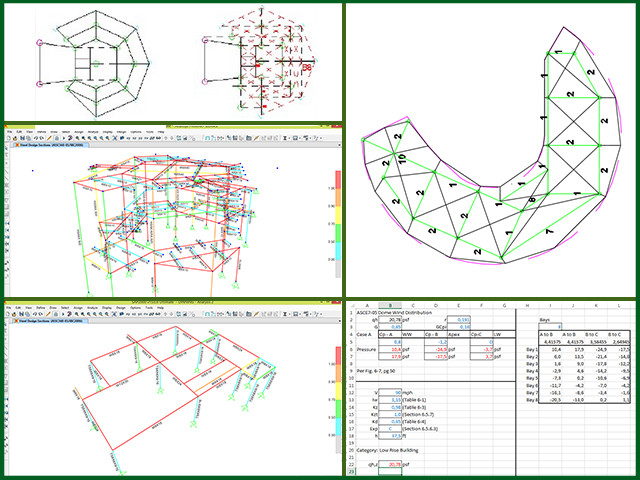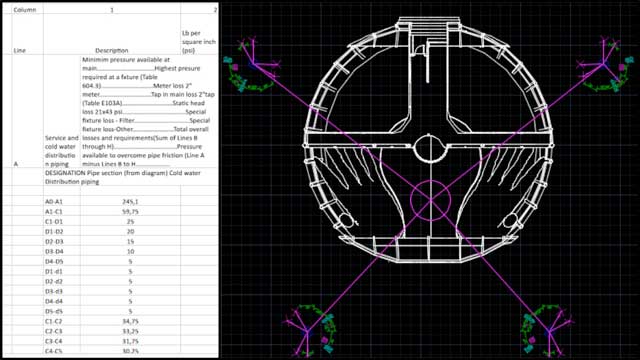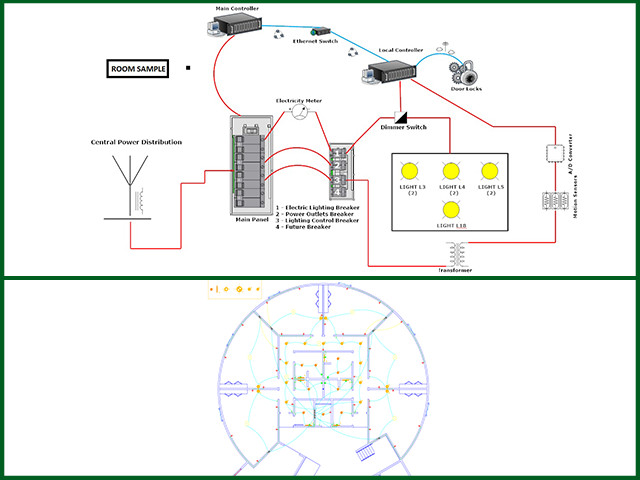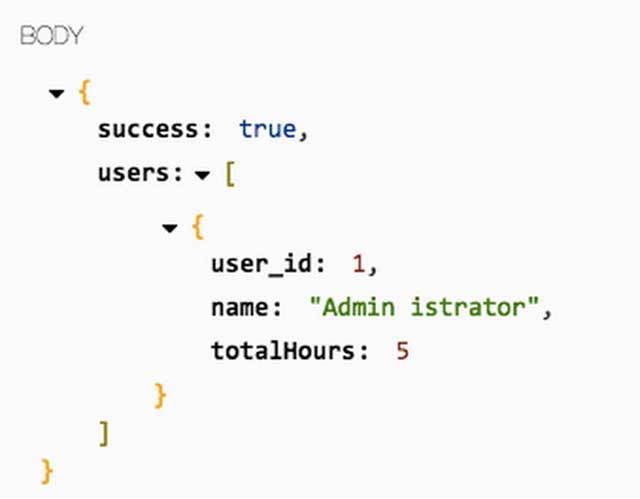Creating the World We Know is Possible – One Community Weekly Progress Update #123
Creating the world we know is possible, a sustainable world capable of meeting everyone’s needs, will happen as soon as enough people want it and participate in creating it. Enrolling people in the process can take many forms.
The approach that makes the most sense, based on other successful movements that have caused paradigm shifts, is making and demonstrating a sustainable way of living that a majority of people will want more than the way they are living now.
If we make that easy enough, affordable enough, and open-source globally accessible, the idea will predictably spread across the planet and evolve on its own. We call this living and creating for The Highest Good of All: Creating the World We Know is Possible
- Here’s our project overview
- Here’s our world-change methodology
- Here’s how this becomes self-replicating
- Here’s how we are open source and free-sharing all the do-it-yourself designs

OUR MAIN OPEN SOURCE HUBS
Click on each icon to be taken to the corresponding Highest Good hub page.
One Community’s physical location will forward the movement of creating the world we know is possible as the first of many self-replicating teacher/demonstration communities, villages, and cities to be built around the world.
This is the August 2nd, 2015 edition (#123) of our weekly progress update detailing our team’s development and accomplishments:
Creating the World We Know is Possible
One Community Progress Update #123
Here is the bullet-point list of this last week’s design and progress discussed in detail in the video above:
CREATING THE WORLD WE KNOW IS POSSIBLE INTRO: @1:04
CREATING THE WORLD WE KNOW IS POSSIBLE HIGHEST GOOD EDUCATION @1:56
- Transferred final 35% of the content for the Outer Space lesson plan to the website (see below)
- Behind the scenes: wrote the first 35% of the Planet Earth lesson plan
- Created and added the first 50% of the mindmap to the Outer Space lesson plan web page (see below)
- Featured the Nature lesson plan across our social media channels, using this image that Lucas helped us create (see below)
CREATING THE WORLD WE KNOW IS POSSIBLE HIGHEST GOOD FOOD: @3:10
- Finished final social media imagery and featured our open source chayote hub and our open source wax gourd hub (see below)
- Researched and added additional recipes to the open source ulluco hub (see below)
- Added three new tasty recipes from Sandra Sellani to the Food Self-sufficiency Transition Plan (see below)
CREATING THE WORLD WE KNOW IS POSSIBLE HIGHEST GOOD HOUSING: @4:20
- Finished the Earthbag Village (Pod 1) landscaping and building updates (see below)
- Behind the scenes: completed another 15% of the open source camp setup specifics for the upcoming crowdfunding campaign (see below)
- Renata and Matheus started modeling the reciprocal roof for the Earthbag Village. Matheus also continued work on the LEED v4 open source tutorial (see below)
- Sayonara continued work with the 3D model for the roof in the Straw Bale Village (Pod 2) and added water features and plants to the model of that village (see below)
- Sayonara also added sky lights in the bathrooms of each living unit in the Straw Bale Village. This design also allowed her to add a loft to half of the units (see below)
- Adolpho and Jorge continued work on the vermiculture bathroom design. They also modified the laundry space area and laundry machines to accommodate changes from other teams (see below)
- Adolpho and Jorge set up a 3D printed model of the Earthbag Village (see below)
- Fernando and Amauri worked on the heat recovery system for the laundry room (see below)
- Welma worked on a composting toilet analysis and began creating a tutorial on these toilets (see below)
- Samantha and Flávia finished detailed first and second floor plans for the Shipping Container Village (Pod 5) and started research on color pallets and landscaping (see below)
- Raquel and Diana continued work on the Earthship Village (Pod 6) (see below)
- Sarah did research to help design our Tree House Village (Pod 7) (see below)
- Gilberto continued 3D modeling for the Earthbag Village (Pod 1) (see below)
- Gabriel finished renders of the Murphy bed and started to create a 3-dome cluster for the for the Earthbag Village (see below)
- Ana worked on the transitory kitchen in Autocad (see below)
- And Carolina continued the service design for the Tree House Village (Pod 7) (see below)
CREATING THE WORLD WE KNOW IS POSSIBLE DUPLICABLE CITY CENTER: @8:18
- The Architecture and Planning Intern Team continued the Duplicable City Center and the Earthbag Village lighting study (see below)
- Mayke completed the organization of the intern team’s files using the new name format pattern and created a table to control the revisions of all the projects (see below)
- Ricardo Carrillo and the Structural Intern Team continued structural designs and testing (see below)
- The Hydraulics Intern Team continued work on the pipe sizing calculations and consulted the Mechanical Engineering Team on the heat transferring piping from the Tropical Atrium to all showers and sinks for all four community bathrooms in the Earthbag Village (see below)
- The Electrical Intern Team continued work on the control systems for the Duplicable City Center’s electrical project and updated the lighting design while working with and under the guidance of Mike Hogan (see below)
CREATING THE WORLD WE KNOW IS POSSIBLE HIGHEST GOOD SOCIETY: @10:08
- Continued the updating of our entire website to be mobile friendly (see below)
- Manuella, Manasses, Gabriel, and Eduardo continued work on a possible new logo for One Community (see below)
- Lucas did research and created additional variations of possible logos (see below)
- Eduardo also researched music for a new video One Community is working on (see below)
- The Software Development Intern Team programmed, tested, and debugged more of the code for Highest Good Network web application and got a beta version running (see below)
- Gustavo reached 80% completion on connecting the API for the iPhone App to the database of the software the rest of the team created (see below)
CREATING THE WORLD WE KNOW IS POSSIBLE SUMMARY: @11:39
- How you can most help us right now and how anyone can help
CLICK HERE IF YOU’D LIKE TO RECEIVE AN EMAIL EACH WEEK WHEN WE RELEASE A NEW UPDATE
YOU CAN ALSO JOIN US THROUGH SOCIAL MEDIA
ONE COMMUNITY WEEKLY UPDATE DETAILS
CREATING THE WORLD WE KNOW IS POSSIBLE HIGHEST GOOD EDUCATION PROGRESS
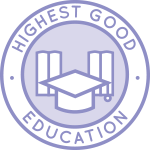 One Community is creating the world we know is possible through Highest Good education that is for all ages, applicable in any environment, adaptable to individual needs, far exceeds traditional education standards, and more fun for both the teachers and the students:
One Community is creating the world we know is possible through Highest Good education that is for all ages, applicable in any environment, adaptable to individual needs, far exceeds traditional education standards, and more fun for both the teachers and the students:
- Learn about the components: Education open source hub
- Learn how the components work together: How to use the Education for Life Program
This last week the core team transferred the final 35% of the content for the Outer Space lesson plan to the website.
In addition, behind the scenes, we wrote the first 35% of the Planet Earth lesson plan.
We also created and added the first 50% of the mindmap to the Outer Space lesson plan web page. You can see that mindmap here:
And we featured the Nature lesson plan across our social media channels, using this image that Lucas from the Graphic Design Intern Team helped us create:
CREATING THE WORLD WE KNOW IS POSSIBLE HIGHEST GOOD FOOD PROGRESS
One Community is creating the world we know is possible through Highest Good food that is more diverse, more nutritious, locally grown and sustainable, and part of our open source botanical garden model to support and share bio-diversity:
- Learn about the structures: Hoop House Hub | Aquapini & Walipini Open Source Hub
- See what we’ll be growing: Gardens & Hoop Houses | Large-scale Structures | Food Forest | TA
This last week the core team finished the final social media imagery and featured our open source chayote hub:
And we finished the final social media imagery and featured our open source wax gourd hub:
We also researched and added additional recipes to the open source ulluco hub. More recipes from our Food Self-sufficiency Transition Plan will be added to each of the individual hubs in the future.
Last but not least, we added three new tasty recipes from Sandra Sellani (Vegan Chef and author of What’s Your BQ?) to the Food Self-sufficiency Transition Plan.
These recipes are: Banana Cashew Breakfast Parfait, Twice Baked Potatoes with Mushroom Saute, and Sloppy Jane’s:
CREATING THE WORLD WE KNOW IS POSSIBLE HIGHEST GOOD HOUSING PROGRESS
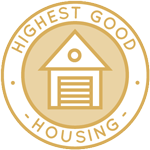 One Community is creating the world we know is possible through Highest Good housing that is artistic and beautiful, more affordable, more space efficient, lasts longer, DIY buildable, and constructed with healthy and sustainable materials:
One Community is creating the world we know is possible through Highest Good housing that is artistic and beautiful, more affordable, more space efficient, lasts longer, DIY buildable, and constructed with healthy and sustainable materials:
- Learn about: Our Upcoming Crowdfunding Campaign
- Learn about the different village models: 7 Sustainable Village Models
- Visit the open source portals for the first two: Earthbag Village OS Hub | Straw Bale Village OS Hub
This last week the core team finished the Earthbag Village (Pod 1) walking paths in 3D, placed new shower buildings, and updated our lower level entrances for the vermiculture toilet buildings and shower buildings.
Also we updated the roof for the vermiculture toilet building and redid the steps going to this structure. This brings us to 100% complete with this phase of the 3D creation – next .
Behind the scenes we also completed another 15% of the open source camp setup specifics for the upcoming crowdfunding campaign. This brings us to 65% complete there.
Civil engineering interns Renata and Matheus started modeling the reciprocal roof for the Earthbag Village. They used special software for testing the structure for wind load, completing about 70% of those load calculations.
Matheus also finished to the 30% point of the LEED v4 open source tutorial.
Sayonara, a member of the Architecture and Planning Intern Team, is now 80% complete with section 1 and 35% complete with section 2 of the 3D model for the roof in the Straw Bale Village (Pod 2). She also added water features and plants to the model of that village, as you see here.
Sayonara also added sky lights in the bathrooms of each living unit in the Straw Bale Village, providing natural light that maintains privacy. This design also allowed her to add a loft to half of the units.
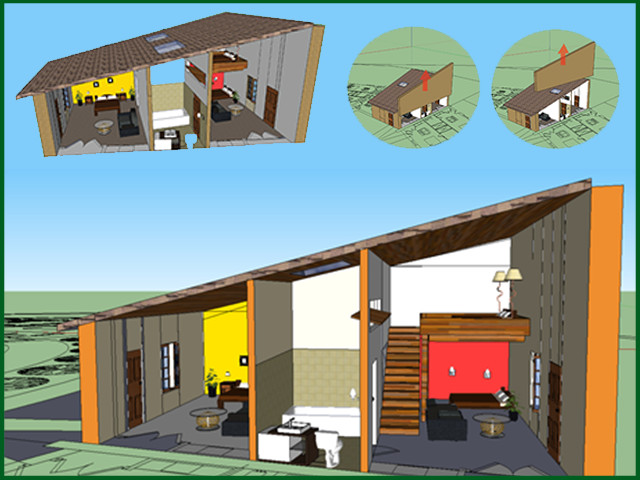
Sky Lights Added to the Bathrooms of each Living Unit and Loft Added to Half the Units ” Click to Visit
Adolpho and Jorge from our Mechanical Engineering Intern Team researched existing vermiculture toilet systems and came up with a new, non-leaking design for the trays of our vermiculture bathroom design using a sloped floor.
They also modified the laundry space area and laundry machines to accommodate changes from other teams. Adolpho and Jorge additionally set up a 3D printed model of the Earthbag Village.
Fernando and Amauri, additional members of the Mechanical Engineering Intern Team, worked on the heat recovery system for the laundry room.
They calculated the amount of copper needed to preheat the air for the dryers, and simulated the system to show the variation of temperatures.
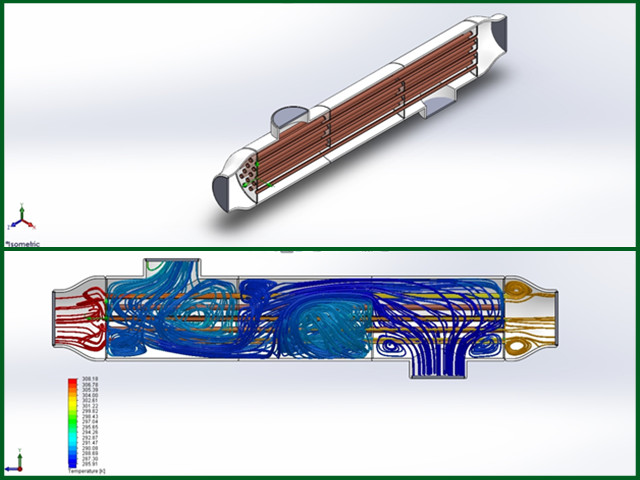
Creating the World We Know is Possible – Worked on the Heat Recovery System for the Laundry Room
Welma worked on a composting toilet analysis, completing to the 90% point where she also began creating a tutorial on these toilets.
Samantha and Flávia from the Architecture and Planning Intern Team finished detailed first and second floor plans for the Shipping Container Village (Pod 5), including furniture and flooring, and started research on color pallets and landscaping.
Raquel and Diana, also members of the Architecture and Planning Intern Team redefined the layout of the dorms for the Earthship Village (Pod 6) to include double units.
They also researched fire codes, fire escapes, direct lighting solutions for the bedrooms, ADA solutions (hydraulic elevator), and construction materials for earthship projects.
Sarah, another member of the Architecture and Planning Intern Team, researched tree house structures, designs, layouts, materials, and construction, as well as resources for existing guidelines and best practices for building in trees to help design our Tree House Village (Pod 7).
Gilberto from the Graphic Design Intern Team, continued 3D modeling for the Earthbag Village (Pod 1), which included cut views so you can see the layers of bags in the walls, which you can see here:
Gabriel, an Industrial Design Student on our Graphic Design Intern Team, finished renders of the Murphy bed and started to create a 3-dome cluster for the Earthbag Village.
Ana worked on the transitory kitchen in Autocad. She adjusted the walls and floor plan, and added serving tables, furniture, and appliances.
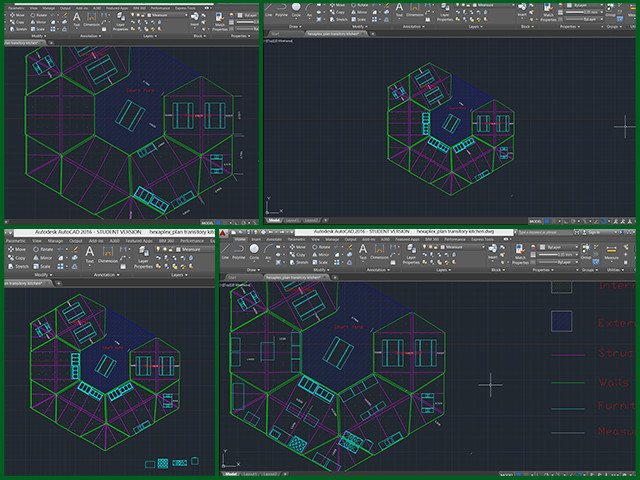
Creating the World We Know is Possible – Worked on theTransitory Kitchen in Autocad – Click to Visit
And Carolina continued the service design for the Tree House Village (Pod 7), dividing the village into 4 main spaces and 4 sub-spaces, and categorizing them by types of use. She also created these story boards for videos she will be creating about this village.
CREATING THE WORLD WE KNOW IS POSSIBLE DUPLICABLE CITY CENTER PROGRESS
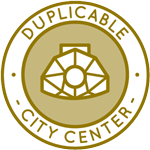 One Community is creating the world we know is possible through a Duplicable and Sustainable City Center that is LEED Platinum certified/Sustainable, can feed 200 people at a time, provide laundry for over 300 people, is beautiful, spacious, and saves resources, money, and space:
One Community is creating the world we know is possible through a Duplicable and Sustainable City Center that is LEED Platinum certified/Sustainable, can feed 200 people at a time, provide laundry for over 300 people, is beautiful, spacious, and saves resources, money, and space:
- Learn about this building and it’s function: Duplicable City Center Open Source Hub
This week Erika, Thais, Pedro and Victor from the Architecture and Planning Intern Team completed 95% of the lighting design for the three Domes of the Duplicable City Center and 85% of the lighting study for Earthbag Village (the kitchen, bathroom, and shower dome).
They also started developing the lighting design for the second bathroom dome.
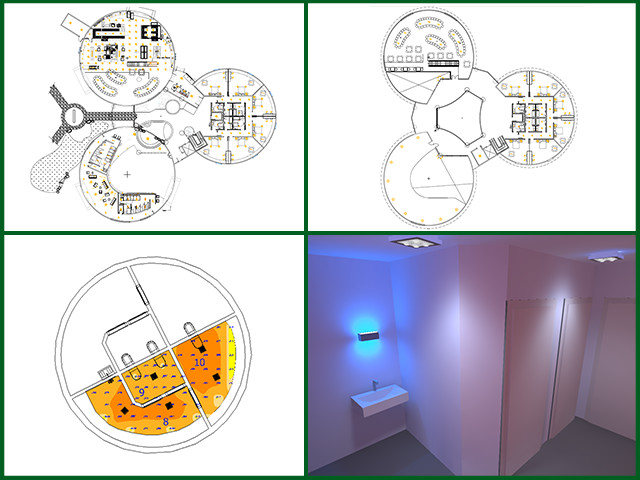
Continued Lighting Design for the Duplicable City Center and Lighting Study for Earthbag Village
Mayke completed the organization of the intern team’s files using the new name format pattern and created a table to control the revisions of all the projects.
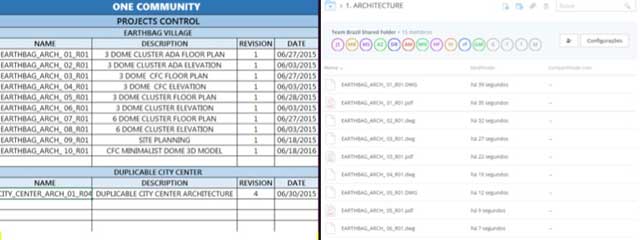
Organization of the Intern Team’s Files
Ricardo Carrillo (Design Consultant and Principal of Acumen Industries) and the Structural Intern Team (Antonio, Gabriel, Beatriz, Fernando, Rodrigo, and Maurilio) continued structural designs and testing.
They updated architectural and structural files, analyzed primary and secondary beams, and created and analyzed structural strategies for the interior of the domes. They also studied the structural codes and how to calculate wind loads for the domes.
Diogo, Izadora, Joao, Mateus, and Roberto from the Hydraulics Intern Team finished to the 20% mark with the initial pipe sizing calculations for cold/potable water for the Duplicable City Center.
They also consulted the Mechanical Engineering Team on the heat transferring piping from the Tropical Atrium to all showers and sinks for all four community bathrooms in the Earthbag Village.
In addition to this, working with and under the guidance of Mike Hogan (Automation Systems Developer and Business Systems Consultant), Fabio, Lucas de Souza, Lucas Tsutsui da Silva, Guilherme, Henrique, Tiago, and Israel of the Electrical Intern Team, continued work on the control systems for the Duplicable City Center’s electrical project and updated the lighting design, as you see here:
CREATING THE WORLD WE KNOW IS POSSIBLE HIGHEST GOOD SOCIETY PROGRESS
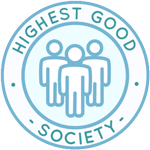 One Community is creating the world we know is possible through a Highest Good society approach to living that is founded on fulfilled living, the study of meeting human needs, Community, and making a difference in the world:
One Community is creating the world we know is possible through a Highest Good society approach to living that is founded on fulfilled living, the study of meeting human needs, Community, and making a difference in the world:
- Read the Highest Good society overview: Highest Good Society
- Learn about the model for fulfilled living and sharing: A Day in the Life
- Learn about the 4 economic models: RBE | For-profit | Non-profit | Entrepreneurship
- Learn about our open source community collaboration and management software: The Highest Good Network
This last week the core team continued the updating of our entire website to be mobile friendly. This week’s work included fixing charts, learning about and creating short codes for common areas of our site that we update, and reviewing and correcting another 30 pages.
We’d say we are now about 80% done with this complete website overhaul:
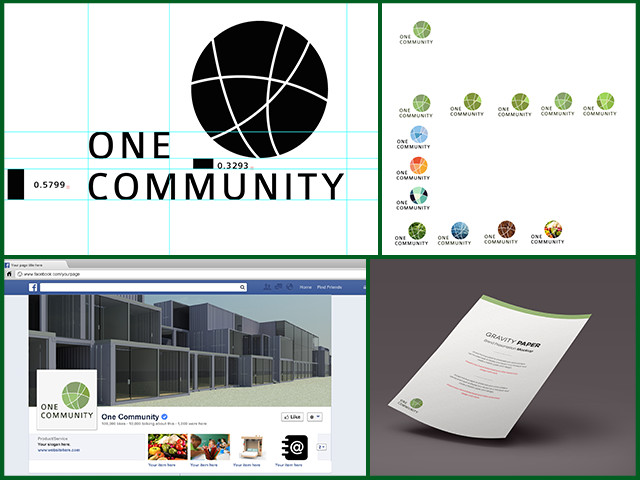
Creating the World We Know is Possible – Continued Work on a Possible New Logo for One Community
Manuella, Manasses, Gabriel, and Eduardo of the Graphic Design Intern Team worked together on the definition, selection, complete design, and presentation of a possible new logo for One Community.
They edited alignment and colors of the second logo design and created a few examples of what it looks like when it is applied to various surfaces.

Creating the World We Know is Possible – Continued Work on a Possible New Logo for One Community
Lucas did research for type sets and color schemes for the logo and also created these additional variations of possible logos.
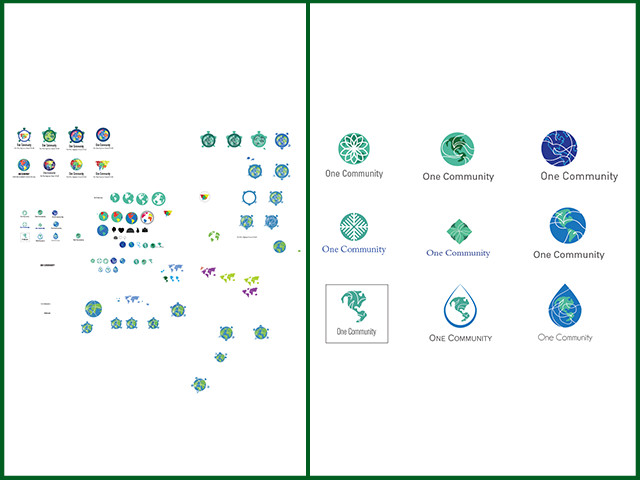
Creating the World We Know is Possible – Additional Variations of Possible Logos
In addition to his contribution on the logo, Eduardo also researched music for a new video One Community is working on. These images are stills from the video footage he captured for this project.
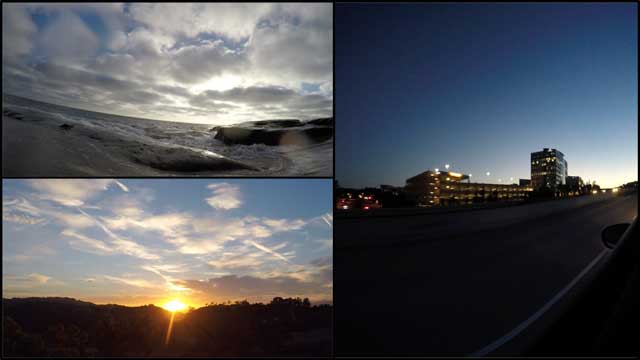
Still Images from Video Footage Captured for a New Video One Community Video
And finally, for the Software Development Intern Team, Igor, Marco, Matheus, and Natalia  programmed, tested, and debugged more of the code for Highest Good Network web application and got a beta version running.
Meanwhile, Gustavo reached 80% completion on connecting the API for the iPhone App to the database of the software the rest of the team created.
AND WE PRODUCED THIS WEEKLY UPDATES BLOG – CLICK HERE TO SUBSCRIBE
FOLLOW ONE COMMUNITY’S PROGRESS (click icons for our pages)
INVESTOR PAGES
GET INVOLVED
CONSULTANTS | WAYS ANYONE CAN HELP | MEMBERSHIP
CLICK HERE FOR ALL PAST UPDATES
 One Community
One Community